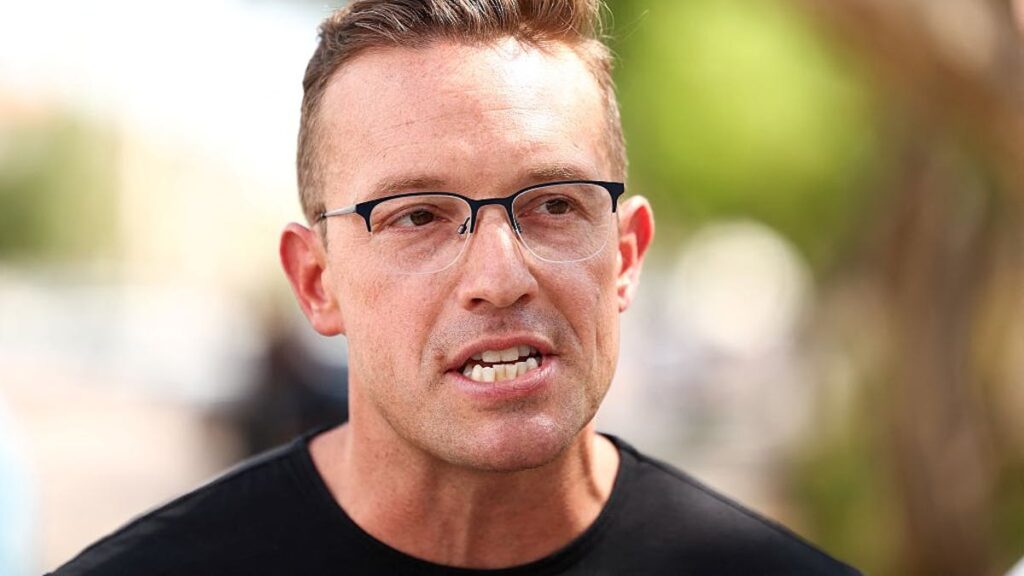The arrest of a California man for sending death threats to conservative commentator Benny Johnson has sparked renewed concerns about the normalization of political violence in America. The threats, which targeted Johnson’s home where he lives with his wife and four young children, come just days after the tragic assassination of Turning Point USA founder Charlie Kirk.
Speaking at a press conference alongside Attorney General Pam Bondi, Johnson revealed disturbing details about the threats made by George Russell Isbell Jr. The messages explicitly described plans to murder Johnson “in an open field,” with graphic details about inflicting fatal wounds – a chilling echo of Kirk’s recent death.
“This wasn’t just a threat against me,” Johnson stated, his voice steady but marked with concern. “This individual took pleasure in describing how my children would be orphaned and my wife widowed. And folks, that’s just the tip of the iceberg.”
But what makes this case particularly troubling is its apparent connection to a broader pattern. Johnson pointed to a parallel situation unfolding in Virginia, where the Democratic nominee for attorney general, Jay Jones, has been linked to text messages describing similar violent fantasies against Republican opponents. These messages, recently brought to light, included disturbing details about executing political rivals and, in Jones’ words, “slaughtering little fascists.”
The symmetry between these incidents raises uncomfortable questions about the mainstreaming of political violence. While lone wolf attackers have long been a concern in American politics, the relative silence from Democratic leadership regarding Jones’ candidacy suggests a more systemic issue.
“We’re witnessing something unprecedented in modern American political discourse,” noted Johnson. “When violent rhetoric moves from the fringes to campaign trails, we’ve crossed a dangerous threshold.”
Kate Johnson, Benny’s wife, has called on California Governor Gavin Newsom to address the threats, given that the suspect resides in his state. So far, that call has gone unanswered.
The incident has become a rallying point for conservatives calling for a broader examination of political violence in America. With the Virginia attorney general race looming and Democratic leadership largely silent on Jones’ messages, the question remains: Will this serve as a wake-up call for both parties to address the growing acceptance of political violence?
As this story continues to unfold, one thing becomes clear – the line between heated political rhetoric and actual threats of violence has become increasingly blurred, raising serious concerns about the future of American political discourse.


